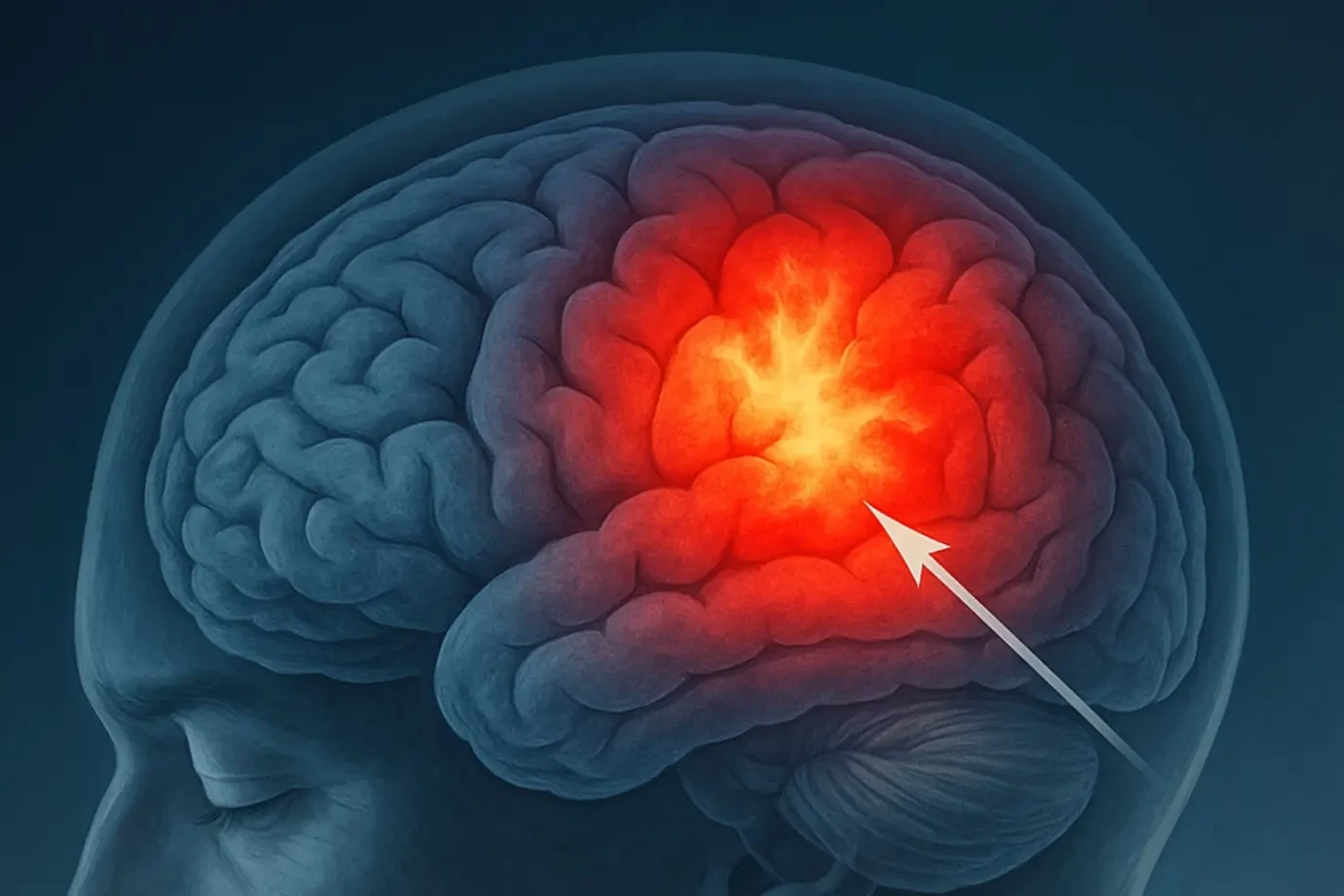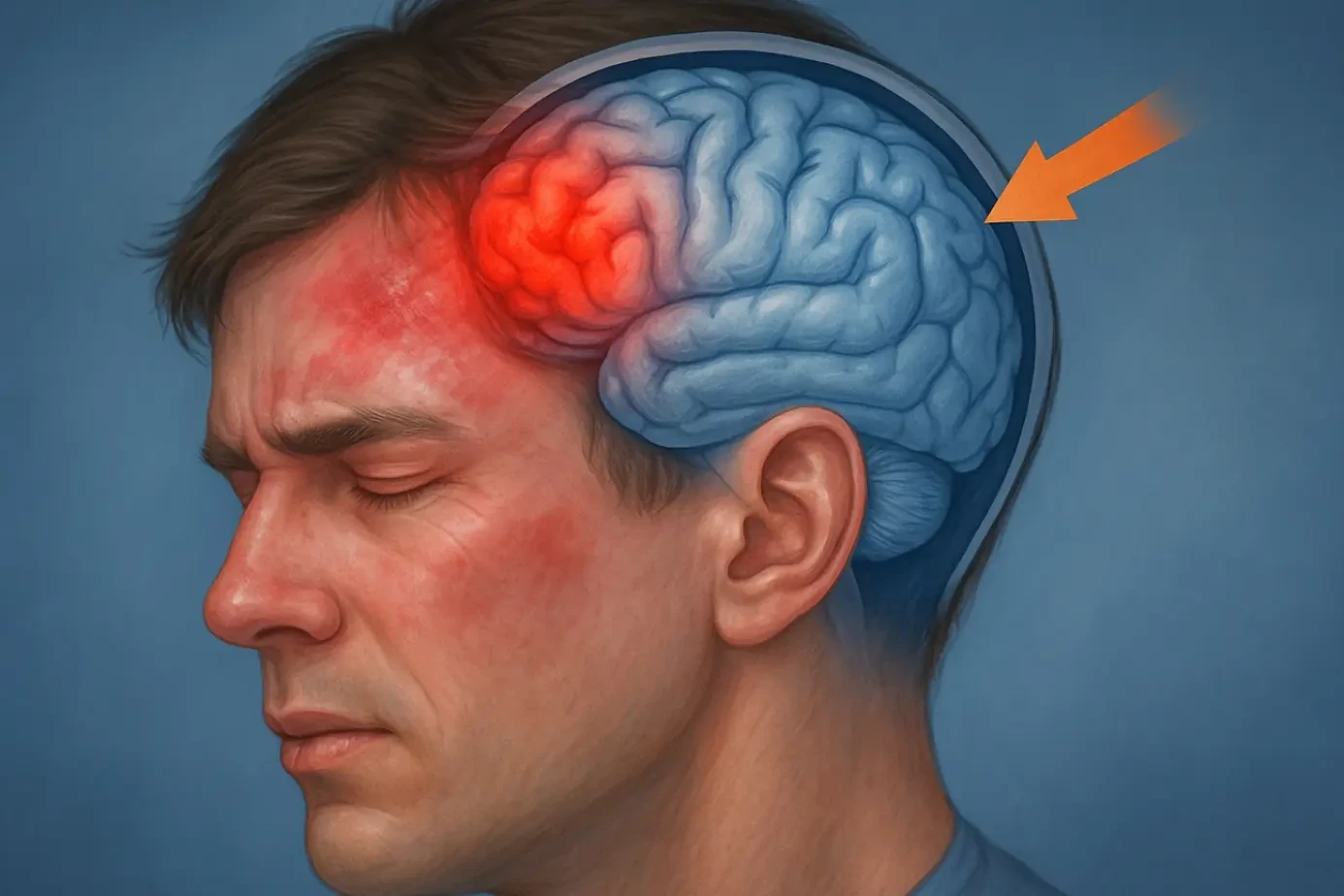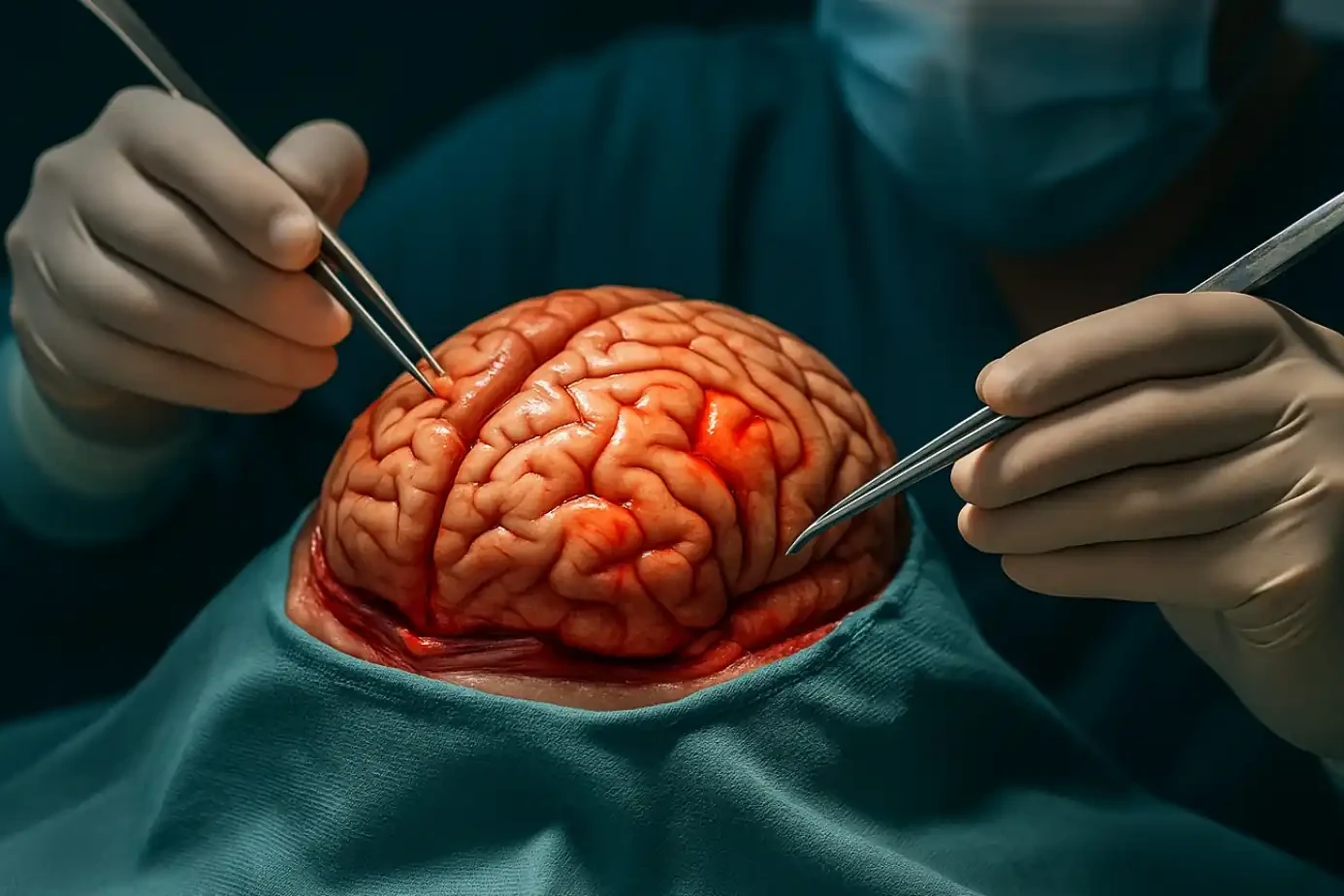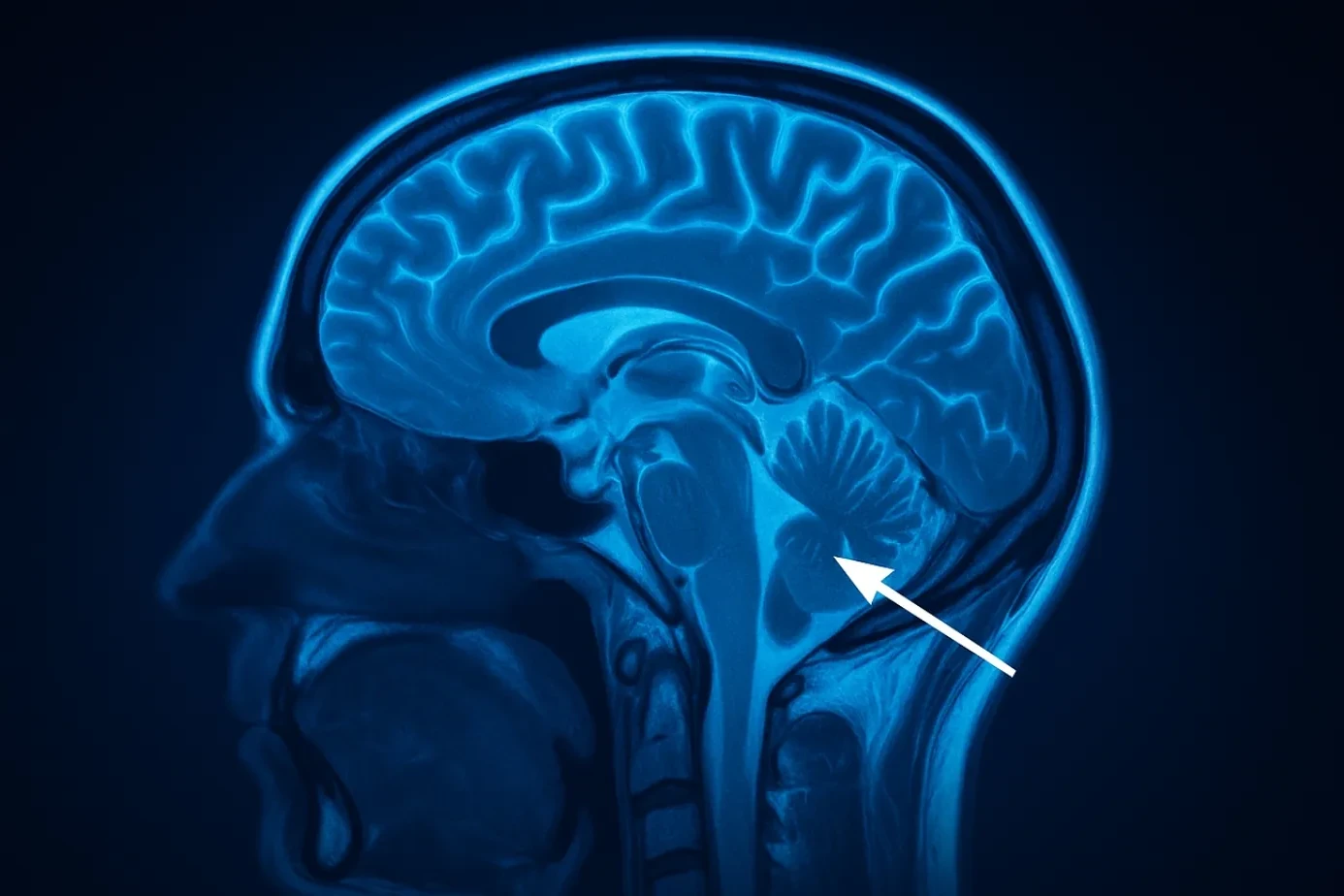A concussion is one of the most common brain injuries worldwide, yet it’s often misunderstood or ignored. People might dismiss it as a “simple bump on the head,” but a concussion is actually a form of brain trauma that affects the way your brain functions, even if you don’t see outward signs.
Recognizing early concussion symptoms and following proper care is essential to prevent complications.
Table of Contents
ToggleWhat is a concussion?
A concussion is a mild traumatic brain injury that happens when a blow, bump, or jolt makes the brain move rapidly inside the skull. The sudden movement stretches and disrupts brain cells, temporarily changing how signals are transmitted.
Concussions don’t always cause loss of consciousness, and they may not show up on scans. That makes them tricky to diagnose without careful evaluation. Even so, the effects can be serious if ignored.
How common are concussions?
Concussions are very common across all age groups. Studies suggest millions of cases every year. Children fall during play, athletes collide during sports, and older adults suffer head injuries from falls. Sports such as football, boxing, soccer, and hockey exhibit some of the highest incidence rates.
Symptoms and Causes
What are concussion symptoms?
Signs of a concussion usually appear within minutes, but sometimes they take hours. The most common concussion symptoms include:
- Persistent headache or pressure in the skull
- Dizziness and nausea after the injury
- Blurred or double vision
- Ringing in the ears
- Trouble focusing or remembering recent events
- Slurred speech or slow response
- Fatigue, confusion, or “foggy” feeling
- Mood swings or irritability
Concussion symptoms in babies and young children
Because infants can’t express what they feel, signs are harder to spot. Watch for:
- Excessive crying
- Refusing to nurse or eat
- Vomiting
- Sudden sleepiness or irritability
- Loss of interest in toys or play
What does a concussion feel like?
People often describe it as feeling “off balance” or “not themselves.” It may start with a headache after head injury and progress to memory gaps, difficulty concentrating, or sensitivity to light and noise.
What causes concussions?
Concussions are caused by sudden movements that make the brain shift inside the skull. Common causes:
- Sports collisions and rough tackles
- Falls at home, especially in children and seniors
- Vehicle crashes or bicycle accidents
- Physical assaults
What are the risk factors?
Not everyone faces the same risk. Factors include:
- Playing contact sports without helmets
- Previous history of concussion
- Risky activities like skateboarding without gear
- Age: kids and older adults are most vulnerable
- Balance disorders or weak vision increasing fall risk
What are complications of a concussion?
Though most heal well, some develop complications:
- Ongoing headaches
- Memory problems after concussion
- Cognitive impairment that affects school or work performance
- Anxiety, depression, or mood swings
- Sleep issues
- Rarely, dangerous brain swelling or bleeding
Repeated concussions increase the risk of chronic traumatic encephalopathy (CTE), a condition seen in athletes that causes long-term brain degeneration.
Diagnosis and Tests
How do you know if you have a concussion?
Doctors diagnose using symptom history and a neurologic assessment. They assess balance, speech, vision, reflexes, and memory. Imaging tests like CT scans are ordered only if doctors suspect bleeding or skull fracture.
If you experience confusion, vomiting, vision changes, or worsening headache after a head injury, seek medical attention immediately.
Management and Treatment
How do you treat a concussion?
Concussion treatment focuses on careful rest and gradual return to normal activities. Guidelines include:
- Rest and recovery guidelines: Steer clear of physical and mental stress for a few days.
- Short breaks from screens, reading, and studying.
- Sleep and hydration to support healing.
- Light activity after symptoms improve, but only under medical clearance.
What should you not do after a concussion?
- Don’t return to sports without medical approval.
- Don’t drive or cycle until safe.
- Don’t ignore worsening headaches or vomiting.
- Don’t drink alcohol or take unapproved medication.
Can you sleep with a concussion?
Yes, once a doctor evaluates you. Restful sleep helps the brain heal. The old advice of waking patients every hour is outdated unless there’s a risk of bleeding.
Can you take medication with a concussion?
Doctors may allow acetaminophen for pain. In the early stages, it is advisable to avoid aspirin and ibuprofen, as they can increase the risk of bleeding. Always follow medical advice before taking any drug.
Outlook / Prognosis
How long does a concussion last?
A concussion usually heals in 7–14 days, but some take weeks. A small number develop post-concussion syndrome, where symptoms linger for months. Following a proper concussion protocol and avoiding repeat injuries is vital for recovery.
Prevention
How can you prevent concussions?
Prevention focuses on safety and awareness:
- Wear helmets during biking, skating, or sports.
- Use seatbelts in cars.
- Install safety gates and remove hazards at home.
- Follow return-to-play protocols for athletes.
- Train players on safe playing techniques.
The Bottom Line
A concussion is not merely a bump on the head. It’s a real brain injury that affects thinking, balance, mood, and memory. Recognizing signs of a concussion, getting early care, and following concussion treatment plans protect long-term brain health. The recovery process relies on caution, patience, and acknowledging your body’s need for healing.
FAQs
What is a concussion?
A concussion is a mild traumatic brain injury caused by a blow or jolt that makes the brain move inside the skull, leading to temporary problems in thinking, memory, and coordination.
How to heal from a concussion?
Healing requires rest, hydration, and gradual activity. Patients should follow medical advice, avoid screens, and return to normal activity only after completing safe rest and recovery guidelines.
How long does it take for a concussion to heal?
Most concussions heal in two weeks with rest. Some individuals may recover within days, while others might require a longer duration. Strict compliance with concussion protocols promotes a quicker and safer recovery.
Are concussions serious?
Yes. Even though many people recover quickly, concussions affect brain function. Ignoring concussion symptoms can lead to complications, long-term cognitive impairment, or repeat injuries that worsen brain health permanently.
What is the first aid of a concussion?
Keep the injured person still, monitor breathing, and check responsiveness. Do not allow them to drive or play sports. Seek medical care immediately for proper neurologic assessment and treatment advice.
What are delayed concussion symptoms?
Some symptoms may appear hours or days later, such as memory problems after concussion, mood swings, blurred vision, or worsening headaches. Delayed symptoms should always be evaluated by a doctor immediately.
What to avoid after a concussion?
Avoid strenuous exercise, driving, alcohol, and unapproved medicines. Don’t return to sports without clearance. Skipping rest or ignoring signs of a concussion increases the risk of longer recovery and complications.
How do doctors treat a concussion?
Doctors recommend rest, careful monitoring, and gradual activity. Some patients need medication for pain. Athletes follow structured return-to-play protocols. Each case requires personalized concussion treatment for safe brain recovery.
What happens if a concussion is untreated?
Ignoring a concussion may lead to prolonged headaches, cognitive impairment, mood changes, or brain swelling. Repeat injuries without rest and recovery guidelines raise the risk of permanent neurological damage.
What is the survival rate of a concussion?
The survival rate is nearly 100% for single mild concussions. However, repeated or untreated concussions increase long-term health risks. Proper management ensures safe healing and reduces future complications significantly.
About The Author

Dr Chandril Chugh
This article is medically reviewed by Dr Chandril Chugh, he is committed & compassionate Board-Certified Neurologist, providing expert insights and reliable health information. with a Holistic Approach to Healing.
→ Book a consultation to discover which remedies suit your needs best.
About Author | Instagram | YouTube | Linkedin






